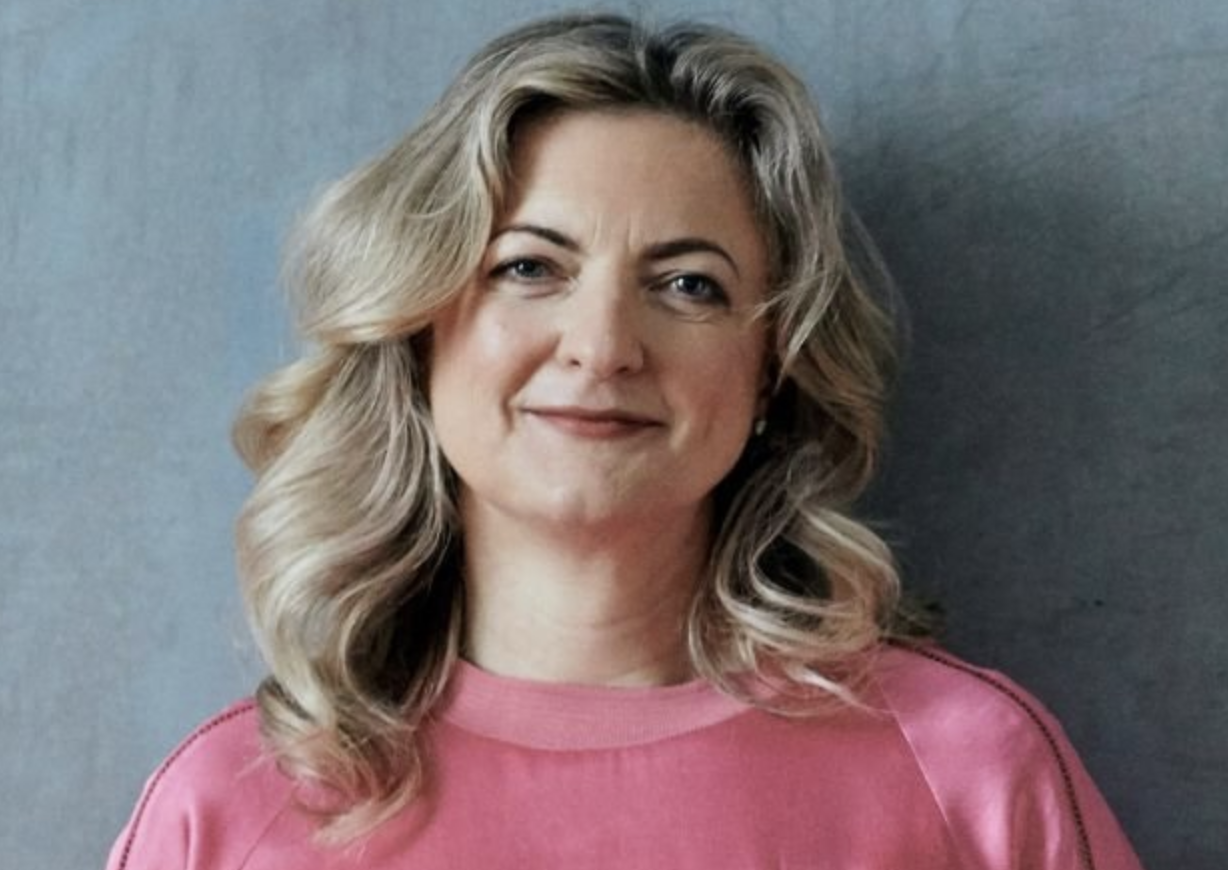
Disappointing menopause decision
I’m massively disappointed with the government’s response to the recommendations made by the Women and Equalities Committee on Menopause in the Workplace, and back the Rt Hon Caroline Nokes (Committee Chair) in her call for the government to review its position, not least because it is ignoring a huge tranche of evidence.
Failing to make menopause a protected characteristic and not even attempting to support a pilot of menopause leave sends all the wrong signals. And the rationale that the government believes adopting such initiatives “could discriminate against men” is laughable. Putting the right support in place for women will not mean men lose out, it just means we’d be rectifying an inequality that clearly exists and in doing so, will make society and workplaces better for all. It’s clear that helping women better manage their menopause benefits everyone.
It is perhaps hardly surprising as a result of these attitudes that the UK is falling down the international index in terms of women’s health – women’s healthcare here is now poorer than in countries with worrying standards on human rights such as Saudi Arabia and China, and as bad as in Kazakhstan. The UK also now ranks lower than most comparable Western countries, including the USA, Australia, New Zealand, France and Germany, according to the Hologic Global Women’s Health Index released this week.
Ignoring the recommendations from the Women And Equalities Committee on Menopause in the Workplace is a real missed opportunity. There is an economic, social, and personal cost to women not getting the support and care they need as they transition through the menopause. Research we have done at My Menopause Centre (conducted with BritainThinks) has shown exactly how much menopause symptoms negatively impact women in all aspects of their lives, while the Women and Equality Committee’s report on menopause in the workplace contains a significant evidence base showing the impact of symptoms, with too many women relinquishing leadership roles, stepping back from promotion, reducing their hours, struggling to cope or leaving work altogether because they are not getting adequate care and support in the workplace.
We’re also seeing the impact of this play out in the gender pay gap, which increases for women in their 40s and 50s despite many of these women being at the peak of their careers. As we know at WACL, this all feeds into the inequality that we fight everyday.
In the face of this overwhelming evidence, we need more than mealy mouthed words. We need real tangible action from the government. We need timescales and firm commitments that will address these inequalities that women are experiencing day in, day out. Until then, it seems that women going through the menopause transition will remain on an unequal footing, not just in our industry, but in society as a whole.
